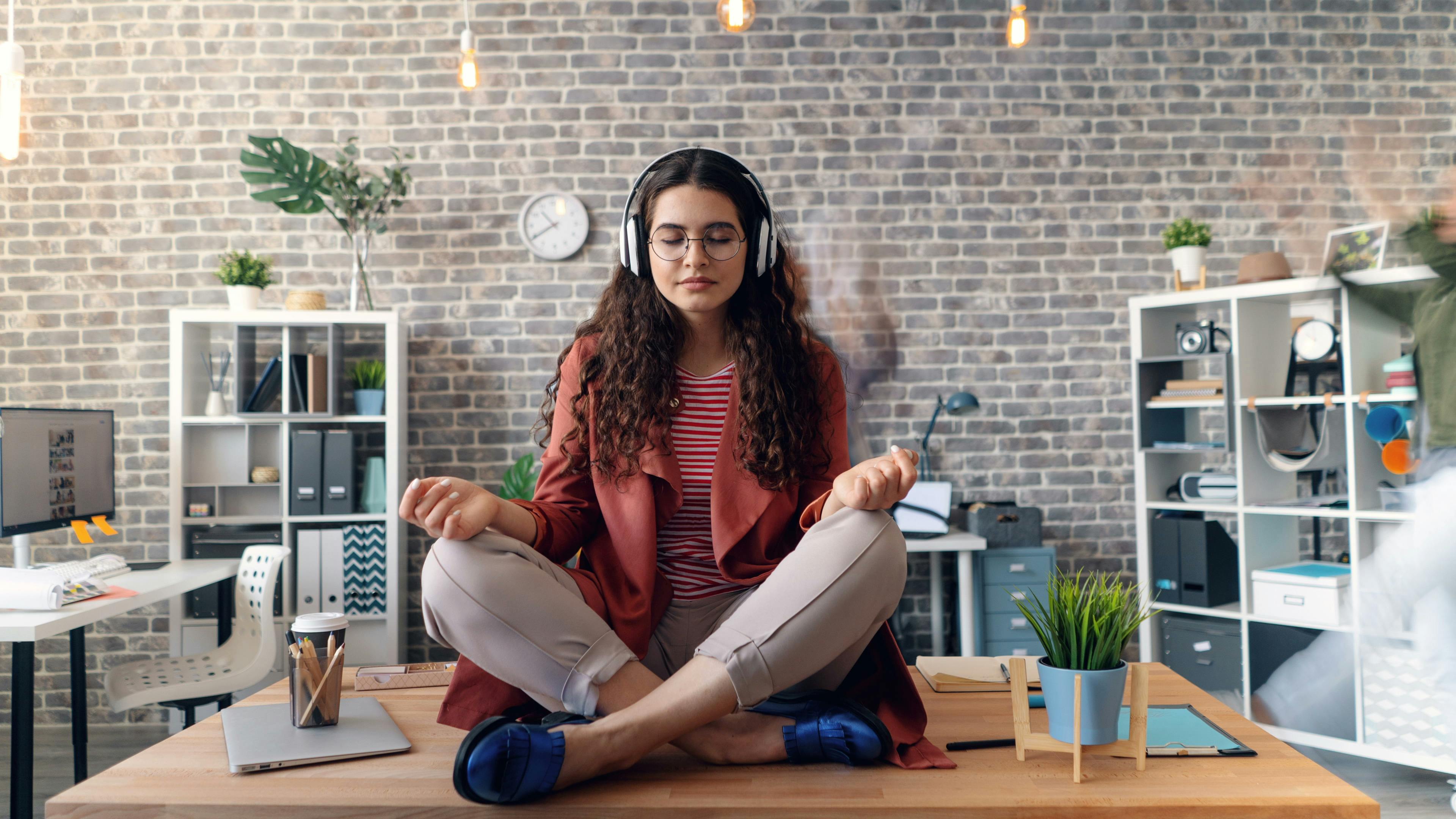.jpg)
I first started drafting this article in early May. It took me until today (close to end-June) to actually finish it. Yes, at times I was busy with other more important or more urgent things. Yet, I am pretty sure it was this hard to write because of how the topic of this article really applied to me personally.
Any language is a living 'organism', that is constantly evolving. So, it is no surprise that, when faced with new circumstances and its consequences, we make up a few new words and expressions. One of the most popular and recent ones is 'Zoom fatigue'. I first read about it in mid-April 2020. By that time, most of the world had already been in some kind of lock-down for around a month. Most of us have now gone through a period of quarantine or at least social distancing for close to 3 months, even though many countries have started to relax their measures.
The moment I started reading about it, I immediately understood how real Zoom fatigue was. Indeed, by mid-May I am pretty sure I was simply having a full 'Zoom burn-out': I had organised 5 webinars myself, followed a few others, continued with my coaching clients exclusively online, met some old groups of friends online, changed my regular Rotary Club meetings to video calls, and kept up with quite a few social-work-meetings regarding my volunteering and networking groups. Oh, and I was also teaching Master students online. Uff... Yes, I was tired. More precisely, I was exhausted.
But having to write about Zoom fatigue so I could share it with my readers meant... well, it meant I would have to spend even more time in front of a screen (albeit not in a video conference per se). Hence, somehow, I just slowly allowed the goal of writing this specific article to slip more and more... It made me realise the importance of adjusting your goals to circumstances (a bit more on goals in this article), but also of carefully respecting your levels of physical and mental energy, even if you felt you had not done �that much� on that specific day. You cannot 'push through' when you are running on empty.
Maybe more importantly, it made me more aware of how judgmental we can be sometimes and the impact of such quick judgments. "It's just a Zoom meeting; you don't even need to leave your house" were sentences that started going around, as if there could be no excuse not to attend such a meeting. Even worse if it was deemed to be a non-work meeting, just a social Zoom call: "If you can make it for work, you surely should be able to make it for your friends". At times, I felt like someone was questioning my dedication and commitment to my friends and activities, and that did not seem fair� I was indeed feeling tired.
.jpg)
It turns out that there are very good and well-researched reasons explaining why Zoom fatigue does happen.
"Part of that feeling is explained by factors we can easily identify: Research tells us that videoconferencing invites cognitive overload from the strain of trying to read people through a flat grid of their faces. We allow colleagues to schedule too many of them too close together. And it�s freaking weird�and deeply absorbing and distracting�to be presented with the reality of your own face while you�re talking to other people.
But other parts are more diffuse; they are reasons that stem from the requirements of our present reality. Pretending to be energized by a conversation you had hunched over your laptop that you might normally have had on a laughter-fueled walk to get coffee is exhausting. Knowing that a screen is the closest you�ll get to someone you care about for a while is exhausting. Engaging in the denial of those cumulative losses�which can be easy to do, when the presence of someone is so closely simulated�is exhausting." (1)
For me, I think it was mostly a mix between an actual physical fatigue and the collapse of the specific contexts in which I would normally engage in my different relationships.
Actually, spending most of my day behind a screen was no news to me (as to of us). Even using tools such as Zoom and alike was something I had already been doing for quite some time. The occasional video call was also a rather old habit: like most expats, or even those just living farther away from home, we often use video calls to talk with our family and loved ones. What I did not expect was how much staring at a screen for multiple hours per day, several days in a row, would make me feel tired. On a normal working day, my eyes still regularly wondered around my office, between my screen and my keyboard, maybe a paper with some notes on the side, and the occasional peek outside the window, especially on a nice sunny day. Now however I had been spending consecutive hours staring at exactly the same spot; that screen with all the other people staring at you in a gallery mode (including your own face). It was nice to explore technology in a different way; but my eyes were saying enough! My neck was generally painful, and there was an overall stiffness in my body from not moving for long periods and not being able to go to the gym.

In addition to it (did you notice it?) you were now talking with your boss, your colleagues, your friends, family and partner all in the same screen... often even in the same room. There was no space, no division between these roles, and often no time to mentally adjust and 're-tune' into the role of the next conversation.
Zoom fatigue is not inevitable though and there are a few measures you can implement to reduce it (2). Above all, however, I would like to invite you to use your compassion and kindness when you interact with your friends and colleagues, and not to rush into judgment about their choice to video-call you or not. Don�t measure your relationships by the amount or extent of your online calls. It is hard to go by with less intimacy and real human connection but quality trumps quantity every time. If you think that works for you, save it for later :)
If you recognise any of these feelings and would like to share them, let us know in the comment section below. Take care!
(1) "How to Deal with Video Calls, Zoom Fatigue, and Remote Relationships", interview with Gianpiero Petriglieri, GOOP.
(2) If you want to read more about Zoom fatigue, there are a few great articles around. I particularly liked Goop's interview with psychiatrist and INSEAD professor Gianpiero Petriglieri "How to Deal with Video Calls, Zoom Fatigue, and Remote Relationships" explaining why it happens and what you can do about it; but you can also check Liz Fosslien and Mollie West Duffy's article on "How to Combat Zoom Fatigue" in the Harvard Business Review, Manyu Jian's BBC article "The reason Zoom calls drain your energy", or Julia Sklar's article in the National geographic on "�Zoom fatigue� is taxing the brain. Here's why that happens." Just make sure to schedule your online reading in a way that does not increase your Zoom fatigue ;) Happy reading.
?
(First published: 23 June 2020)


.jpg)

![Belonging, Until You Don’t [An Expat Pocket Story]](https://cdn.prod.website-files.com/65002b28ca38d1b72d9143ec/6852c64f15ce54f9913abd7b_2025-06-18%20(1).png)
